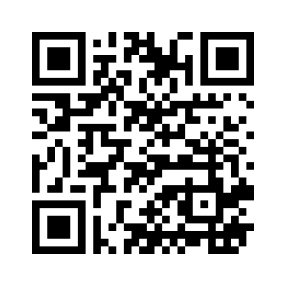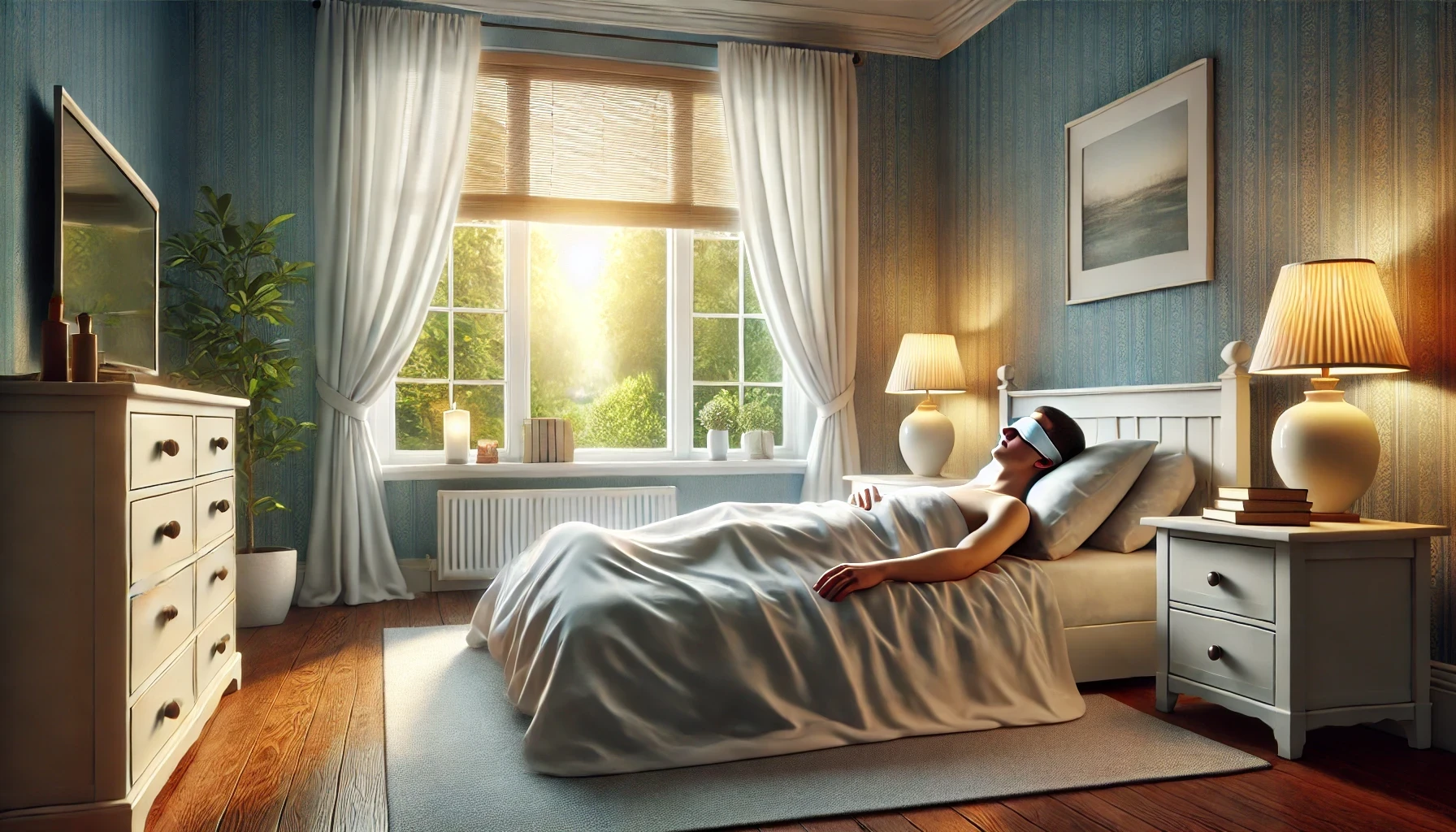Many cultures have long linked the moon’s phases to changes in human behavior. From ancient legends of werewolves to modern traditions of planting crops by the lunar calendar, people have credited the moon with a range of effects. In recent years, more individuals have wondered if these lunar forces also shape their dreams. They report more vivid or unsettling dreams when the moon is full, or they complain of restless sleep when it wanes. Yet science has yet to reach a firm consensus on this topic. Are these claims about lunar influence based on fact, or are they relics of superstition? This article explores the possible ways the moon might affect your dream life and examines current research on the subject.
Ancient Beliefs and Modern Curiosity
Moon lore spans continents and centuries. Many early cultures viewed the lunar cycle as a source of mystic power. They believed the moon could provoke emotional intensity or guide significant events. Some also believed that certain phases allowed for spiritual insight. Thus, the notion that our dreams might change along with the moon’s rhythm does not seem far-fetched. After all, sleep can be a time of heightened creativity and emotional processing.
Modern technology, however, gives us tools to test these beliefs. Researchers now track sleep patterns in controlled environments. They measure dream recall and analyze biological markers. Despite these advances, the question of the moon’s impact on dreams continues to stir debate. Enthusiasts swear that the full moon brings more intense or frightening dream images. Skeptics insist that it is no more than an age-old myth. Yet both perspectives persist. Many people continue to watch the skies and keep dream journals, hoping to detect a pattern. In some cases, they do note coincidences. Nonetheless, the line between chance and true correlation remains thin.
The Moon, Light, and Circadian Rhythms
One theory suggests that moonlight itself influences sleep. When the moon is full, the nights are brighter, which might disrupt rest. A slight increase in nighttime light can confuse your internal clock, also called your circadian rhythm. That clock regulates sleep-wake cycles and hormone production. If moonlight seeps into your bedroom, your body may sense it, even if your eyes are closed. As a result, you might wake up more often or drift into shallower sleep stages. This disruption could affect dreams, since deep and continuous sleep often supports more vivid mental imagery.
Yet modern life complicates this simple explanation. Most homes have artificial lighting, so the brightness of the moon plays a minor role. Many people close their curtains or use blackout shades. As a result, the moon’s light may not reach them at all. Even so, some are more sensitive to ambient light. A few also enjoy stargazing before bed, and that exposure might shift how they sleep. Though this factor matters for some, it likely does not account for all reports of heightened dream activity during certain lunar phases. Consequently, researchers have investigated other possibilities.
Hormonal Fluctuations and Lunar Phases
A smaller body of research examines how hormones may respond to lunar cycles. For instance, some studies have hinted that melatonin levels could vary at different times in the lunar month. Melatonin, often called the “sleep hormone,” helps regulate when you feel tired. If those levels dip, you may struggle to fall asleep or stay asleep. Less consistent sleep could lead to unusual or more noticeable dreams.
Nonetheless, many experts dispute these findings. They argue that existing studies rely on small sample sizes or lack rigorous controls. They also note that personal beliefs can shape self-reported data. If someone expects the moon to disrupt sleep, they may become more alert and anxious, which can fulfill their own prophecy. Although hormones play an essential role in sleep, proof of a moon-driven hormonal shift remains scarce. Much of the current data appears to be inconclusive. Thus, while biology may partly explain some changes, the evidence is far from definitive.
Psychological Suggestion and Self-Fulfilling Prophecies
Belief holds remarkable power. If you go to bed convinced that a full moon leads to wild dreams, you might pay more attention to any strange dream fragment. You could also wake up after a dream and think, “There it is—the moon did it.” This process, known as confirmation bias, helps reinforce your assumption. Over time, you might only remember the nights when you have vivid dreams around a full moon. You could ignore the uneventful nights, thus solidifying your belief that the moon sparks dream activity.
Moreover, cultural background can shape how people interpret lunar phases. Some households or communities regard the full moon as a time of spiritual awakening. Others treat it as a symbol of chaos. If your cultural environment tells you to expect restlessness at certain moon stages, your subconscious may respond by offering more intense dreams. That mental shift might work like a placebo, which can produce real effects, though the cause lies in suggestion rather than a physical catalyst. Many psychological studies confirm that beliefs about sleep often influence actual sleep quality. For instance, people who fear insomnia sometimes struggle more to drift off.
Investigating Lunar Sleep Patterns
Although the evidence remains patchy, a few researchers have tried to see if a link exists between moon phases, dream frequency, and dream vividness. One study observed participants in a controlled sleep laboratory. The researchers tracked sleep stages, measured hormone levels, and noted subjective dream reports. They found that individuals reported slightly lower sleep quality and reduced deep sleep around full moon nights. Some reported more intense dreams or more frequent nighttime awakenings. Yet critics pointed out that the sample size was small and not all participants demonstrated the same results.
Subsequent studies have yielded mixed outcomes. Some found no relationship at all. Others did notice subtle shifts in certain subsets of the population. A few proposed that lunar influence might affect only people who are already prone to disturbed sleep or vivid dreaming. Additionally, external factors such as stress, lifestyle habits, and electronic device use can overshadow any minor lunar effect. Until more large-scale, well-designed research becomes available, it remains difficult to draw strong conclusions.
Tracking Your Own Dream Cycle
While science searches for answers, you might explore this topic firsthand. Many individuals keep dream journals to watch for patterns. They record the date, a brief summary of each dream, and personal feelings upon waking. They also note the current phase of the moon, which is easy to track online. After a few months, they look for any correlations. Some notice more vivid dreams on nights close to a full moon. Others see no change or detect fluctuations that seem tied to random life events.
If you plan to keep such a journal, remember that objectivity is a challenge. You might expect a difference when the moon is bright. This anticipation can heighten your awareness, increasing the likelihood of remembering any striking dream content. On the other hand, you might overlook intense dreams if you are busy or stressed. Try to write down your dreams soon after you wake up, and do so for the entire month. That consistency helps reduce bias. Over time, you may discover interesting trends or conclude that your dreams rarely align with lunar phases.
Reducing Sleep Disruptions
If you find that you sleep worse around the full moon—whether from actual lunar causes or personal expectation—simple steps might help. You could darken your room more thoroughly with heavier curtains, because even a small light can disturb sensitive sleepers. A bedtime routine that includes relaxation techniques, such as deep breathing or gentle stretching, might ease any anxiety about lunar effects. Moreover, limiting caffeine or electronic use before bed can minimize distractions, which in turn promotes deeper rest.
It also helps to manage any stress you have about the possibility of disrupted sleep. If you believe the moon will ruin your night, that tension may become a self-fulfilling prophecy. Instead, remind yourself that many factors influence how you dream. These range from your diet and emotional state to your sleeping environment. Practicing good sleep hygiene can give you a sense of control. Then, if any actual moon-related impact exists, its effects will likely remain minimal.
Conclusion
The moon’s phases have captured human fascination since ancient times. These changing shapes in the night sky spark stories of magic, transformation, and heightened energy. Unsurprisingly, many people still wonder if the lunar cycle influences their dream world. Some believe that a full moon fuels vibrant or unsettling dreamscapes, while others remain skeptical. Although a few scientific findings hint at subtle shifts in sleep quality, the evidence remains inconclusive. Cultural beliefs, personal expectations, and personal biology often combine, creating a tangled web of influences on our dream life.
If you sense that your dreams intensify at certain lunar phases, you are not alone. Yet it may be wise to consider other factors that affect your sleep. Stress, light exposure, and hormone levels can prove more important than the position of the moon overhead. In the end, the quest to link the lunar cycle to dream patterns may have no universal answer. The human mind is highly suggestible, and each sleeper carries a unique set of habits, fears, and hopes into bed. Nonetheless, curiosity about the moon’s effect on dreams can encourage a deeper exploration of our own dream processes. Through a mix of self-observation and scientific insight, we continue to uncover the rich tapestry that shapes our nightly journeys into the unknown.






